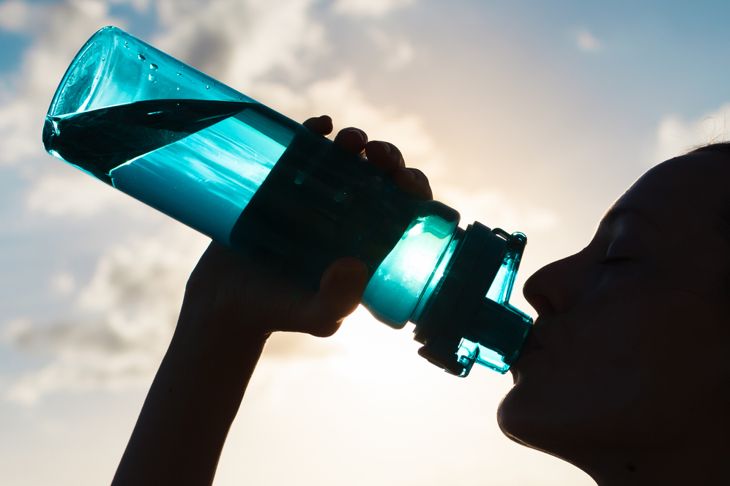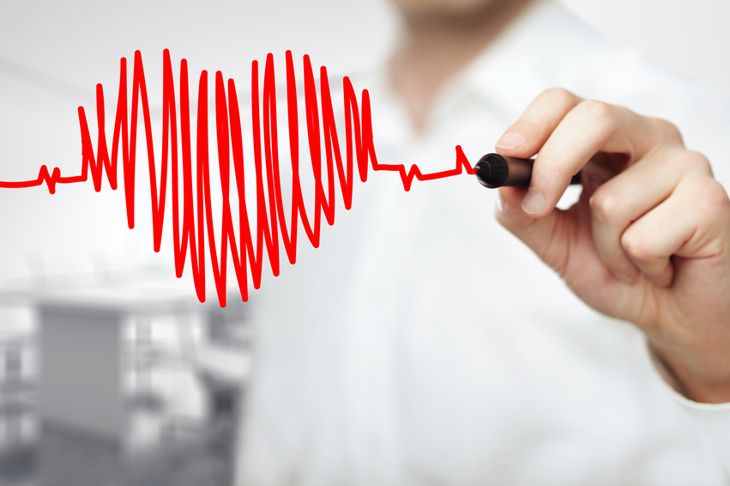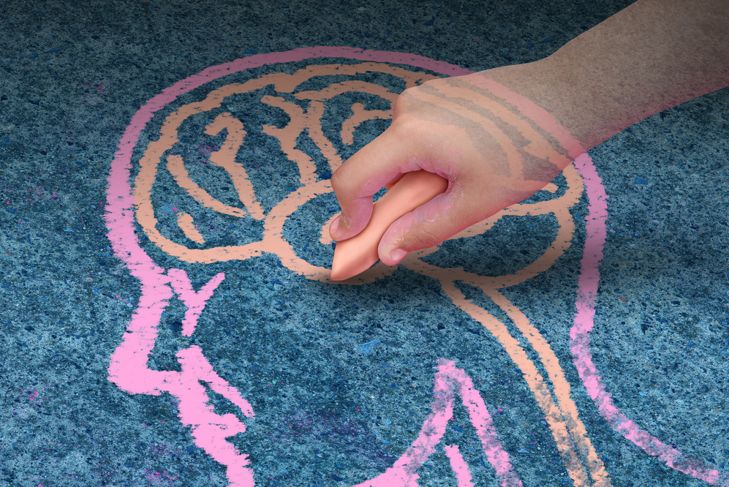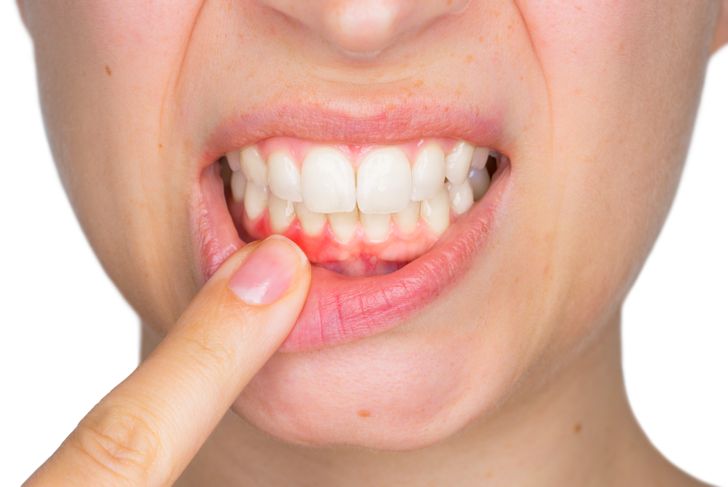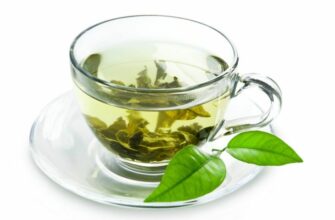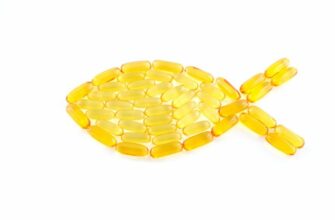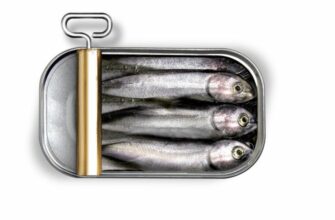In our day and age, many people are warned to avoid salt. With the ever-increasing number of people suffering from hypertension or high blood pressure, we are at an all-time high with 1 in 3 U.S. adults walking around with high blood pressure. And since excess salt causes high blood pressure, it’s no wonder it gets a bad rap. While salt may be used too frequently in processed snacks and prepared foods, it is a necessary part of our diet. Salt, or sodium chloride, is a mineral that plays a vital role in hydration and maintaining electrolyte balance in the body. Simply put—without it, we would die. How does this mineral benefit your body? With the right amount of sodium—not too much and not too little—you’ll enjoy the following health benefits. Don’t ignore the signs of electrolyte deficiency. If you experience muscle cramps or spasms, drink some coconut water. Or munch on celery, cucumbers, or watermelon to quickly replace lost trace minerals. None of those on hand? A glass of water with a little salt and sugar should do the trick.
Hydration
Water loves salt. Sodium and potassium work together to regulate the water balance inside and outside of the cells in the body. When a person lacks salt, they can become dehydrated or suffer from water intoxication. This is also way too much sodium can cause bloating and water retention—which is what happens when a person consumes excess refined table salt. For hydration, your best bet is sea salt. It typically contains about 60 trace minerals making it a very good source of electrolytes—and don’t forget the water, of course.
Heart Health
We already know that sodium is a major determiner of blood pressure levels in the body. Too much sodium from excess consumption of refined salt can result in hypertension. Too little can result in low blood pressure—which also poses a threat to heart health. People with low blood pressure can treat this problem by consuming more salt and more fluids, increasing their blood volume, thereby raising their blood pressure.
Brain and Nerve Health
Sodium regulates water in the body, and both sodium and water are essential for the transmission of electrical signals in the brain. An influx of sodium electrolytes into the nerve cells causes an electrical charge, activating a nerve impulse—also called an action potential. Without these electrical impulses, the nerves would not know what to do. Too little salt can result in electrical signal malfunction which threatens nerve health and function.
Muscle Function
The body requires electrolytes to activate every movement in the body. When you run, jump, walk, or simply reach out your hand, your brain is sending commands that are activated, timed, and controlled by electrolytes. The muscle cells are surrounded by electrolytes which form a perfect balance of sodium, magnesium, potassium, and chloride inside and outside the cell wall. An imbalance in electrolytes causes malfunction of the muscle which can express itself in the form of a muscle cramp or spasm.
Digestion
When a person doesn’t get enough salt in her diet, her production of hydrochloric acid (HCL) may decrease. HCL, also known as stomach acid, is a necessary component in properly digesting food. Too little, and a person is at risk for low nutrition absorption, indigestion, heartburn, iron deficiency, chronic candida, and various autoimmune diseases. Sea salt provides chloride, which makes up hydrochloric acid—so if you’re lacking, add sea salt rather than refined table salt to your food.
Water Balance
Hyponatremia is when there isn’t enough sodium outside the cell walls which can lead to over-hydration—or water intoxication. In hyponatremia, the sodium in your body becomes diluted. This can happen due to an underlying medical condition. Or it may be due to drinking too much water during a time of extreme physical exertion. Since there is not enough sodium in the body to balance the water, the cells begin to take in water and swell, causing mild to life-threatening medical conditions. According to the Mayo Clinic, symptoms of water intoxication include nausea and vomiting, headache, confusion, loss of energy and fatigue, restlessness and irritability, muscle weakness, seizures, and coma. That is why it is so important for athletes to drink fluids that contain electrolytes. People with medical conditions that increase their risk of hyponatremia should monitor their water intake and avoid high-intensity sports.
Oral Hygiene
Since salt follows the water, swelling in the mouth and throat can be reduced by doing a salt-water rinse. Sore gums, sore throat, ulcers, and any other painful or uncomfortable swelling in the mouth can be relieved with salt. Salt draws the water out of the swollen area, reducing the puffiness, and making it easier to swallow, in cases of a sore throat. Prepare ½ teaspoon of salt in a cup of warm water. Taking mouthfuls at a time, swish and gargle the water, spitting it out each time until you finish the salt-water mixture.
Muscle Health
As mentioned before, muscle movements would be impossible without sodium. A muscle cramp or spasm is a sign that there is an imbalance—or a deficiency—in electrolytes. Electrolyte deficiency can occur after sweating, diarrhea, and urination if those electrolytes are not replaced. Because electrolytes are lost through sweat, electrolyte deficiency is especially common among athletes like long-distance runners and cyclists. Another common condition that results in electrolyte imbalance is pregnancy. Pregnancy increases the demand for minerals in the body. When there aren’t enough of them, muscle spasms and cramps can occur.

 Home
Home Health
Health Diet & Nutrition
Diet & Nutrition Living Well
Living Well More
More